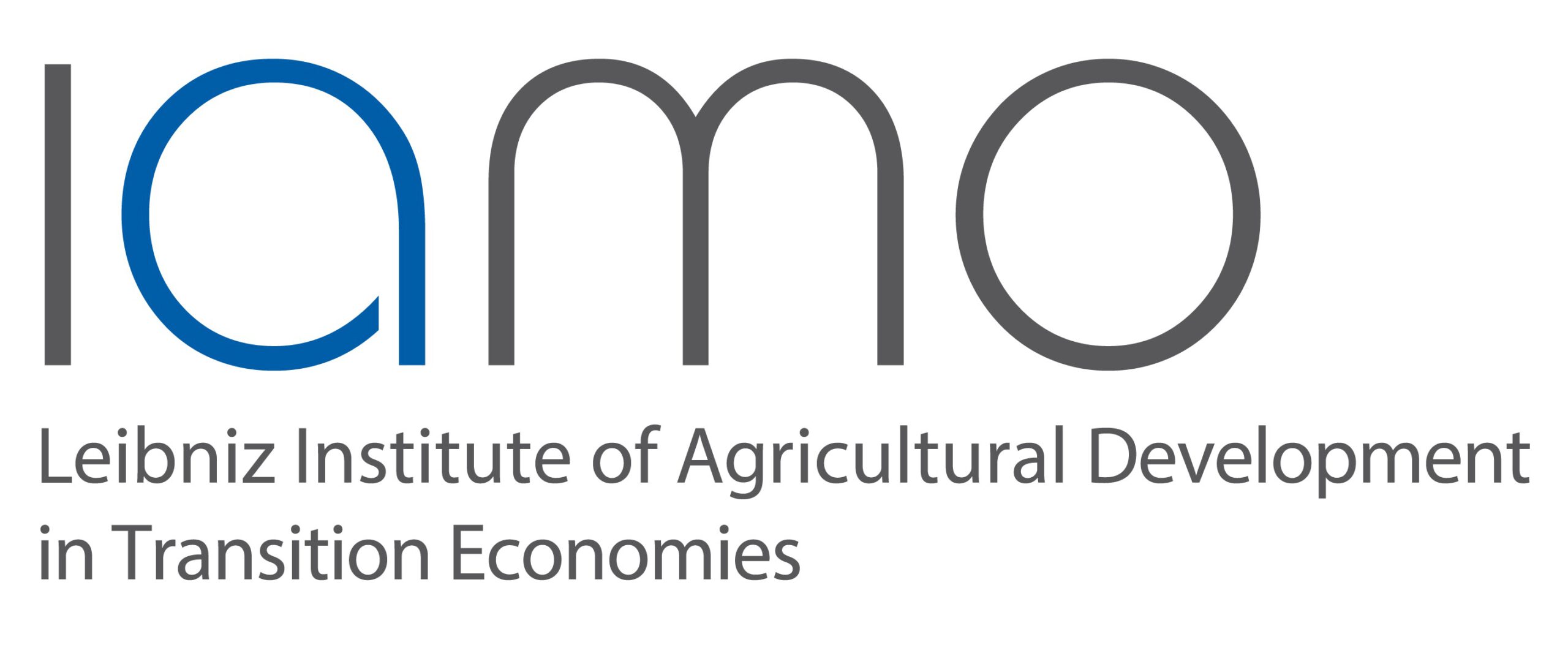The Leibniz research network Spatial Knowledge for Society and Environment – Leibniz R is a network of eight spatial science institutions of which six are members of the Leibniz Association.
Thünen Institute – Johann Heinrich von Thünen Institute, Federal Research Institute for Rural Areas, Forestry and Fisheries – Research Section Rural Areas
The Johann Heinrich von Thünen Institute – in short: Thünen Institute – is a scientifically independent Federal research institute at the interface of science, politics and society. The work of the Thünen Institute comprises research including long-term monitoring and science-based policy advice. It is oriented towards the social goal of achieving the sustainable use of natural resources and ensuring the vital development of rural areas. The Research Section Rural Areas examines living conditions as well as economic and working conditions in rural areas. It conducts research on the causes of their development and evaluates potential courses of action for policy-makers and other stakeholders.
ARL – Academy for Territorial Development in the Leibniz Association
The ARL – Academy for Territorial Development in the Leibniz Association is the central platform and professional voice of spatial science research and practice. As a social research infrastructure, we bring together recognised experts on socially relevant topics. We provide our members and all participants in our network with the human and financial resources necessary for inter- and transdisciplinary cooperation, the synthesis of spatial knowledge and the effective transfer of results. In this way, we tackle current issues of sustainable spatial development in an integrated, multidisciplinary and practice-orientated manner. This inter- and transdisciplinary approach characterises all our activities, events and publications with the aim of stimulating forward-thinking change and actively shaping the process of spatial transformation. We document the results of this exchange and cooperation between disciplines and between science and practice as appropriate for specific target groups and make these publications freely accessible to all interested parties.
IAMO – Leibniz Institute of Agricultural Development in Transition Economies
Leibniz Institute of Agricultural Development in Transition Economies IAMO analyzes economic, social and political processes of change in the agricultural and food sector, and in rural areas. The geographic focus covers the enlarging EU, transition regions of Central, Eastern and South Eastern Europe, as well as Central and Eastern Asia. IAMO works to enhance the understanding of institutional, structural and technological changes. Moreover, IAMO studies the resulting impacts on the agricultural and food sector as well as the living conditions of rural populations. The outcomes of our work are used to derive and analyze strategies and options for enterprises, agricultural markets and politics. IAMO is an international institute that pursues basic and applied research in the field of agricultural economics.
IfL – Leibniz Institute for Regional Geography
The Leibniz Institute for Regional Geography in Leipzig is tasked with analysing social processes from geographical perspectives and visualising social change. As a member of the Leibniz Association and as the only non-university research institute for geography in Germany, the institute brings together basic research and knowledge transfer. With its approximately 100 members of staff, the institute conducts research on current spatial developments in Germany and Europe, with a particular focus on Eastern Europe, under the heading „Geographies of the Regional“.
ILS – Research Institute for Regional and Urban Development
The ILS – Research Institute for Regional and Urban Development is a non-university urban research institute which explores the dynamics and diversity of urban change in international comparison. The aim of our application-oriented basic research is a better understanding of recent urbanisation processes, in order to gain inter- and transdisciplinary insights into the socially, ecologically and economically sustainable transformation and design of urban spaces at different spatial scales, and and the ILS does this in active dialogue with practitioners, policy makers and societal stakeholders.
IOER – Leibniz Institute of Ecological Urban and Regional Development
The IOER is a non-university research centre and a member of the Leibniz Association. It investigates the sustainable development and transformation of cities and regions in the context of the global human-ecological crisis, focusing on the dynamic interactions between ecosystems and society at and across multiple spatial scales, as well as options for responsible stewardship. Research at the IOER is both disciplinary and interdisciplinary, working across the environmental, social, and engineering sciences. It is also transdisciplinary, collaborating closely with stakeholders in the public, private and civil society sectors. The IOER aims to foster environmentally just urban and regional transformations that enable humanity to thrive within a safe ecological operating space.
IRS – Leibniz Institute for Research on Society and Space
IRS conducts research on the dynamic interrelation between social and spatial development of cities, towns and regions from a social science perspective. Processes of transformation and governance are of particular interest. Research at the IRS is guided by the following goals: to systematically understand and explain the space-shaping processes of a globally linked and locally embedded economy, society and politics; to identify local and regional development opportunities and to provide expert knowledge in order to prevent and tackle negative developments. In five departments the institute’s research focuses on the dynamics of economic spaces, institutional change and regional public goods, dynamics of communication and knowledge, urban regeneration, pathways of urbanisation and 20th century planning cultures.
ZALF – Leibniz Centre for Agricultural Landscape Research
Mission of ZALF is to deliver solutions for an economically, environmentally and socially sustainable agriculture – together with society. As a contribution to overcoming global challenges such as climate change, food security, biodiversity conservation and resource scarcity, we develop and design crop systems, integrated in their landscape contexts, that combine food security with sustainability. Therefore we process complex landscape data with a unique set of experimental methods, new technologies and models as well as socio-economic approaches. ZALF research is integrated systems research: starting from processes in soils and plants to causal relationships on the field and landscape level up to global impacts and complex interactions between landscapes, society and economy.




